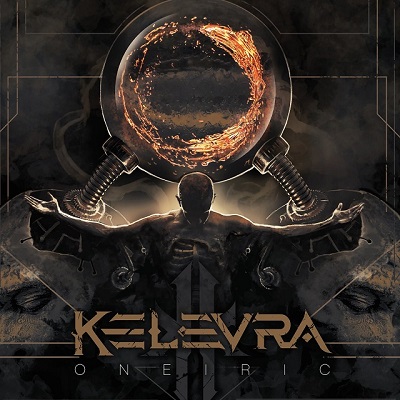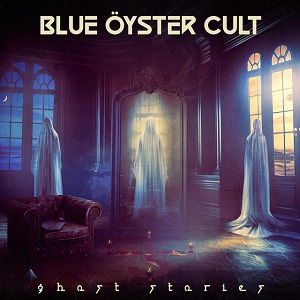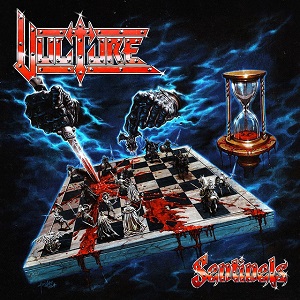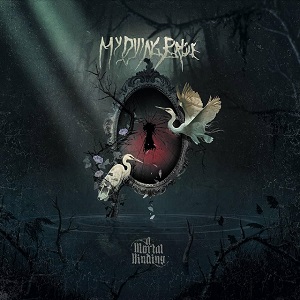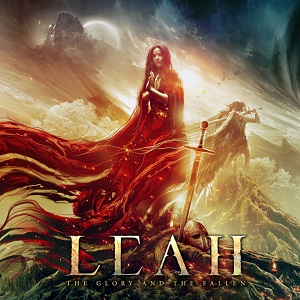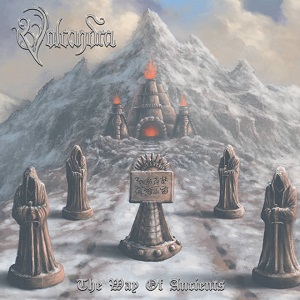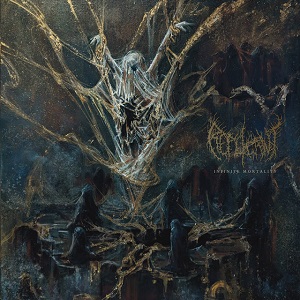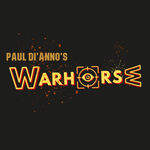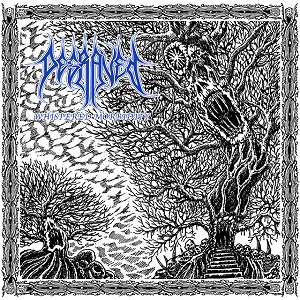RAMONES – “A Bunch Of Kids In A Sandbox”
March 16, 2015, 9 years ago
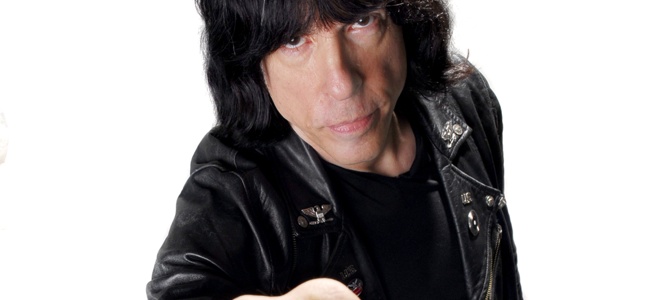
Even if wall-of-guitars rock icons The Ramones weren’t in the Rock And Roll Hall Of Fame and weren’t voted second best band of all time after the Beatles by Spin magazine, metalheads of all stripes would still know and love the band well.
The Ramones’ catalogue back to 1976 is legion, and, shockingly, it is cast in stone forever, because all four original members of the band are now in rock ‘n’ roll heaven. But here to keep celebrating all those guitar-charged anthems you know and love is the band’s longest-ranking drummer, Marc “Marky Ramone” Bell, who has just issued the most serious and comprehensive autobiography from any band member, entitled Punk Rock Blitzkrieg: My Life As A Ramone, available now in hardcover on Touchstone/Simon & Shuster.
“Making it flow and having the writing sound like myself,” begins Marky, asked about the biggest challenge concerning the process of putting together this near 400-page piece of scholarship. “So that the reader can use their imagination, and while they’re reading it, feel what it was like, and how each of us were as personalities. That’s very important, and one of the main things I learned writing this book. About the bands and the times and everything, I started with the music. I wanted it to be part history and part musical.”

As for the characters in this tale... “Joey was the perfect, histrionic lead singer, Dee Dee was one of the most prolific songwriters in rock, and Johnny was a really great rhythm guitar player. And we were closer than family. So in my book, I’m very honest about everyone’s personality, including mine. Which I was probably more honest about, than with Johnny, Joey and Dee Dee, because if you’re going to write about yourself and about other people, you’ve got to write about yourself even more honestly. Dee Dee was my best friend in the group. He was very jovial. Unfortunately he had drug problems. But if you have somebody that makes you laugh every day, keep them, as a friend, because that’s what he did to me. I mean, every moment around him was funny. You know, he was the main songwriter, he had a very childlike, vivid imagination, and he put that into the lyrical content of the songs that he wrote.”
The Ramones were on a rough ride given Dee Dee’s drugging, but Marky acknowledges his own role in the turbulence, due to his drinking problem. But adding to the bumps and bruises this band experienced were—of all things—political differences.
“Well, it was mainly Joey and Johnny with the politics,” notes Bell. “Joey was a liberal and Johnny was a right-wing conservative. I don’t agree with conservative views, but that’s what the verbal confrontations would lead to. Why did you vote for him? Why are you a conservative? Why do you like rock music? You know, there’s no room for that in the rock world. So there were a lot of petty animosities when it came to arguing about politics. Half the time they didn’t know what they were talking about. But Johnny liked Ronald Reagan and Joey liked whoever was running on the Democratic ticket. So that’s where it led to. And Johnny thought that Nixon, you know, shouldn’t have got... Nixon, he was pardoned by Gerald Ford who was vice president at the time. But he felt that shouldn’t have happened, that he should have stayed president. But he got caught, and that’s what happens. And then Joey would go, like, I told you so, stuff like that. But in the end, music is what matters. And when you’re in a van together for 15 years... I did 1700 shows with the group, so there’s bound to be some confrontation. But it never got physical.”On the subject of violence, memories always turn to the band’s legendary sessions with Phil Spector for the controversial End Of The Century album. Recalls Marky, “Phil was the greatest. For what he had to work with, in the beginning with his career, he only had two four-tracks, and look at what he did. His strengths were obviously his production values, and weaknesses were that he could be a little temperamental. And again in the book I wanted to quell all rumours. He never pointed a gun at us in the studio. That... he might’ve done that at some other place. But I was there all the time, and he never pointed a gun at us there. He did have an egomaniacal attitude, but, you know, a lot of geniuses do. And in my opinion, I don’t think he’s a murderer.”

When you say temperamental, what would he do?
“Well, he would yell; he would pound the board. He would leave the room for a few minutes and come back, and then get back to normal again. A lot of the times he would yell at his trusty engineer, Larry Levine, who was on all those great hits that he made before he worked with the Ramones. So it was... I mean, him and the Ramones, it was like a sandbox, a bunch of kids in a sandbox.”Fortunately, Marky kept his wits about him, or we wouldn’t have such a rich written history in front of us... “Oh, I always had composition books,” explains Bell. “I have the largest Ramones video library in the world. My memory serves me very well. Because of being in the Ramones, and being in the punk scene and what have you, the incidences are so memorable, that you just can’t forget them. You know, being in the Ramones for 15 years, 1700 shows, and you’re in your trusty 15-passenger Ford Econoline van, and you’re touring the United States and also you’re touring the world, it is the most comprehensive book out there. I don’t want to really discuss the other books, but they all have their points, and, you know, reading them, there were some funny insights. But mine is a lot more thorough.”
“It’s like a documentary about the music industry,” laughs Bell, asked what the message might be that the reader comes away with, once the sturdy covers are closed. “And about being in one of the greatest groups of all time, and what I had to do to start my career, what led up to the Rock And Roll Hall Of Fame, the Grammy awards, being on The Simpsons, and making Rock ‘n’ Roll High School, what it’s like to make a movie, what it’s like to record in the studio, rehearsing—just so many things.”

Including the very organized dispersal of the band, back in the mid-‘90s.
“Yes, well, the way that worked was in ‘94, me and Johnny and Joey sat in a hotel room and we discussed our retirement, which was two years later, ‘96. But we had to do two more years of touring, and do our last shows. You don’t just do a last show and that’s it. You’ve gotta do your last show all over the world, which is what we had to do. So that’s how that came about. It was time and we left on a high note.”And in the final analysis, what kind of legacy has been left by The Ramones? Besides hearing their ads in songs and sporting events the world over, what kind of band was The Ramones? And indeed, why do metal fans care as much as they do?
“Well, we were a punk band,” states Marky in closing. “I was in a metal band when I was in high school called Dust. We did two albums, and we were one of the first heavy metal bands in America. But that had nothing to do with the Ramones. You’re right, there’s a lot of metalheads that love the Ramones, but we weren’t influenced by metal. We were more influenced by the British invasion, the Phil Spector sound, the girl bands and all that other stuff. And you put that all together, you put some amplification behind us, you play faster, and you have the Ramones. Everything has to be categorized. We were just a very unique, heavy, in-your-face, rock band. I mean, if you want to categorize us, that’s fine, that’s your choice. But we were lumped into that, into punk. But we did start a genre, so I’m not going to say we weren’t punk. But we were more than just that. We were a fun rock band, a punk band, we had elements of metal, we had elements of pop, so you mix it up, you throw that up in the air, it comes down to earth as the Ramones omelette.”


